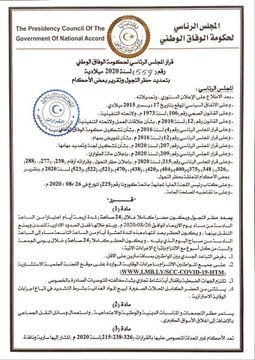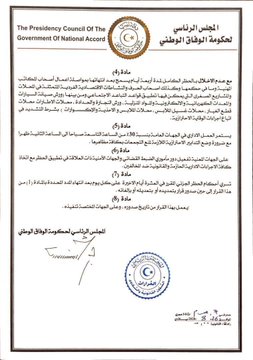Total Chief Executive Officer urges conflict parties in Libya to abstain from fighting
During his meeting with the NOC chairman Mustafa Sanalla on Tuesday, August 25, 2020 Total Chief Executive Officer, Patrick Pouyanné, praised NOC’s positive role and its efforts to ensure continued production and export of oil and gas despite the ongoing wars in Libya.
He also expressed his concern about the military presence around oil facilities and ports, especially in the event that fighting erupts between the conflicting parties there, which could produce a major disaster with significant civilian loss of life.
Pouyanné also stressed the need for all sides to abstain from fighting and to allow NOC to resume production as a first step towards launching a political dialogue.



